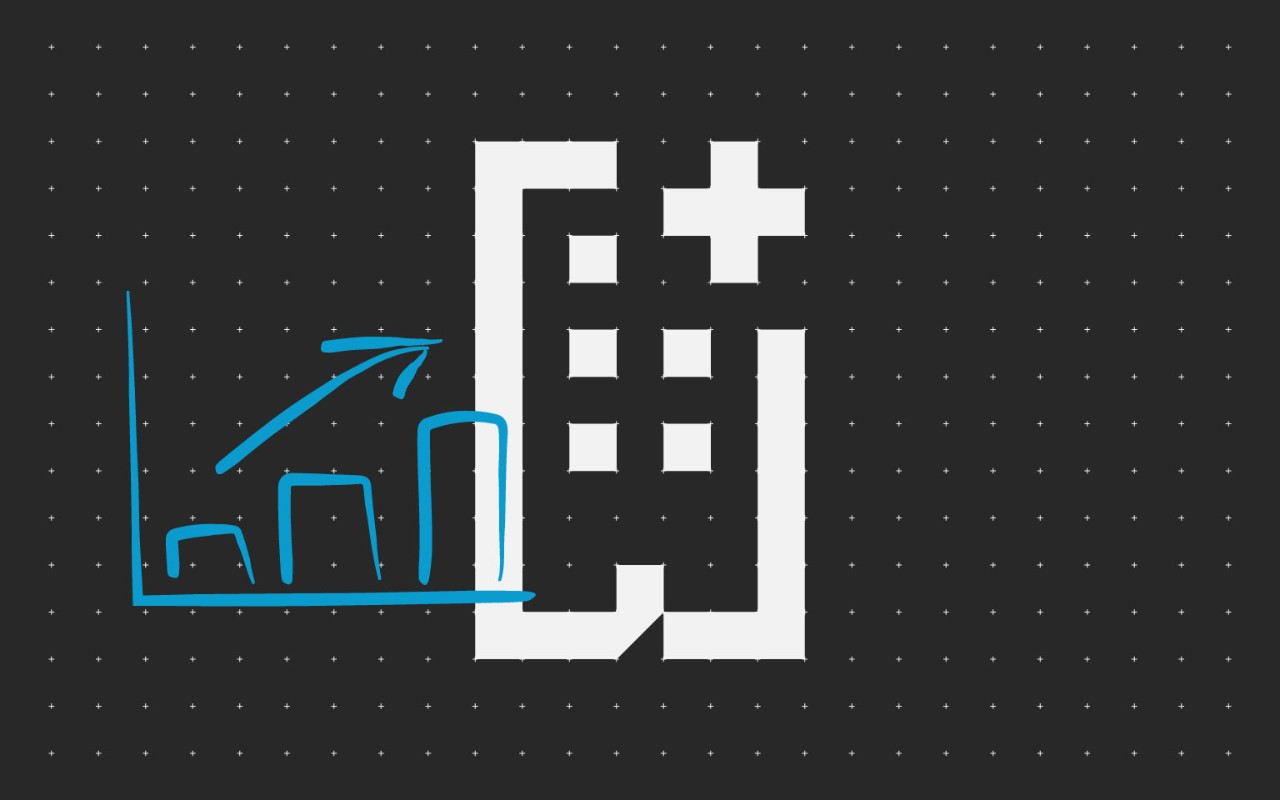With so many companies working with remote teams and embracing the ‘mobile office’, access to business information and agile processes has become central to organisational growth and staying competitive. Ultimately, the effectiveness of remote work largely depends on accessing and sharing the documents you need anytime, anywhere – but for that, you need the right tools and methods.
Document management has long been a source of frustration for businesses, and that’s before we add hybrid or remote work into the equation.
Have you ever felt frustrated about spending too much time searching for an urgent document? Do you find that having various types of documents stored in different ways drains efficiency levels? Are you concerned that a lack of control over your data is leaving your business exposed to security breaches?
If your answer is yes to any of those questions, then this means that your business could profit greatly from implementing an Enterprise Content Management (ECM) solution. But what is it? And why should your organisation start considering it as an option right now?
ECM: One approach to solve multiple business pains
With the rapid growth of unstructured data and new types of content emerging, enterprises face increasing difficulties in taking control of their documents. Many organisations have their data and information scattered across different locations and formats – filing cabinets, Cloud storage, and portable storage to name but a few. This makes the task of information management needlessly tedious, causing employees to waste precious time searching for information.
And the facts speak for themselves. According to a McKinsey report, employees spend 1.8 hours every day on average searching for and gathering information which totals up to a whopping 9.3 hours per week. Viewed from a different angle, many workers spend one whole working day each week adding zero value to the organisation. Consequently, collaboration can also be negatively impacted as workers are unable to share important documents with colleagues or clients in a timely manner, adding extra stress and disrupting their workflow.
But poor document management does not only reduce work efficiency, but also makes businesses more vulnerable with regards to data protection and security. Unauthorised access to confidential information stored in unsecured areas can increase the risk of information leaks. If you don’t know where your data and documents are stored, then how are you going to protect them?
All these issues are just as irritating for office employees as they are for IT management to resolve. This is where Enterprise Content Management comes in to save the day, all while creating a robust information infrastructure.
ECM is a holistic approach to information management that integrates seamlessly with existing core business systems to manage, share and store content of different types. Each business is unique and there are several ECM tools available to fit with existing strategies, challenges and opportunities. Cutting-edge tools such as the Kyocera Smart Information Manager reduces the need for manual workflows and file searching by digitizing your business and allowing staff to centrally manage digital documents. It also facilitates collaboration by giving employees the power to easily share documents to different groups or users, regardless of where they are located.
Embrace modern technology like ECM and future proof your businesses.
Better safe than sorry
According to a ground-breaking report produced by The Economist and supported by Kyocera, it was found that one of the leading factors contributing to productivity decrease was employees not having access to tools for information management used in the office. 38.7% of surveyed employees from different companies and industries supported this theory.
The shift to remote working has forced business leaders to examine how their organisation manages its information and the stage looks set for ECM to significantly increase in importance. Technologies that enable staff to share information quickly and securely with teammates in other locations can no longer be viewed as an expense – they are a business necessity. But that’s not the only reason to consider ECM.
While technological advancements in machine learning, mobile and Cloud technology are opening up new opportunities for businesses, they are also making it harder for them to keep up. Organisations must continue to adapt to new forms of content and how to organise it effectively – without the right tools, the task is simply impossible.
The seamless document integration, Cloud-based file synchronisation and sharing solutions offered by ECM provides a level of information consistency that enables companies to improve productivity, reduce processing time for content research, and ensure data protection. Remote employees can access the latest data at anytime from anywhere in the world, ensuring business continuity and enhanced performance.
Time to adapt to a changing world
No matter where employees are located, the future of work will depend on the use of intelligent content management solutions that create and support core business processes.
Whether your organisation is new to working remotely or looking to scale-up its technology and increase productivity, the correct document management system will simplify your business operations and future proof your business against uncertainty.
Optimise the way you work with ECM
Kyocera’s hand tips will provide you with all the information you need to know to choose the right solution for your business:



